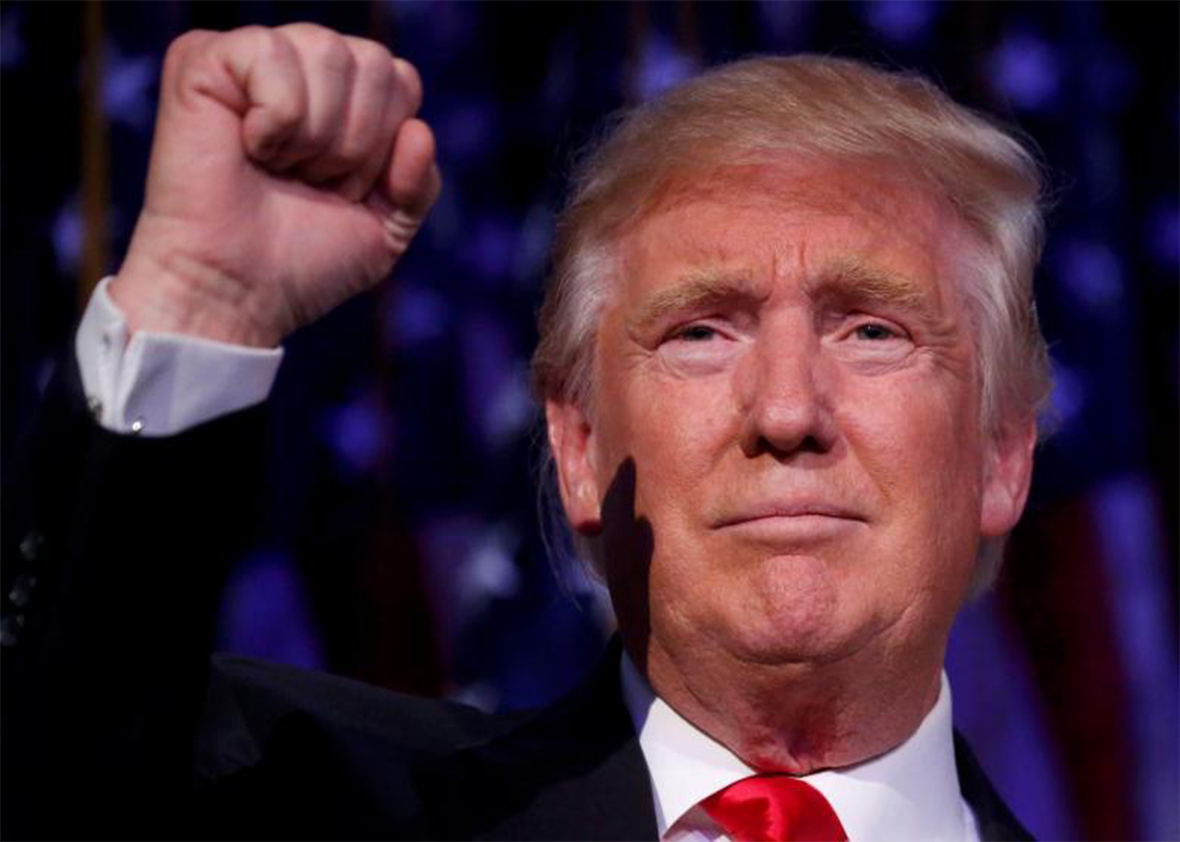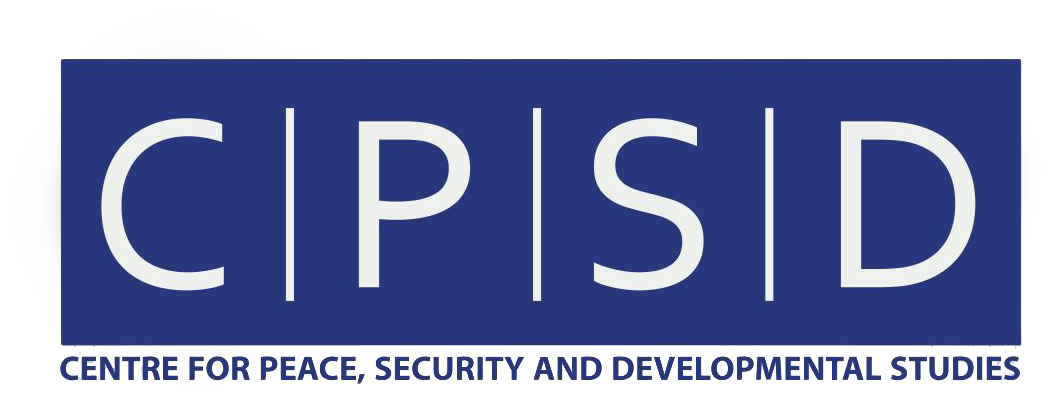“Democracy Does Not Exist” : Facing the Perils of an Increasingly Undemocratic Era

Democracy in Crisis: Ideals, Erosion, and the Need for Civic Reawakening
Understanding Democracy as an Ideal
Democracy is best understood not just as a political system, but as a system rooted in ideals. These ideals illuminate the possibilities of human potential under favorable circumstances. In its ideal form, democracy ensures effective equality, broad-based participation, and universal adult suffrage. It protects the rule of law, encourages freedom and autonomy, and maintains a system of checks and balances to prevent the corruption of power.
Political theorist Robert A. Dahl addressed the core question: Why democracy? His answer was rooted in a utilitarian ethical maxim—to maximize good for the greatest number of people. Democracy, then, is a vehicle for achieving this collective good by empowering people to realize their potential within a system that fosters liberty, equality, and accountability.
The Ideal vs. the Real: A System Yet to Arrive
Despite its idealistic underpinnings, the real-world application of democracy often falls short. As philosopher Simon Critchley provocatively argued, “democracy does not exist.” He did not deny the presence of democratic institutions but rather the realization of democracy’s true, participatory essence. Democracy, in this view, is “yet to come”—a concept echoing philosopher Emmanuel Levinas’s idea of “infinity,” suggesting that the future of democracy is open-ended and dependent on our ethical imagination.
Today, we live in an era of democratic backsliding. In what has been termed the emergence of a “political gray zone,” democratic norms are being undermined, not by open coups or invasions, but by internal manipulations of the system. The incentive for democratization is weakening in increasingly polarized global politics.
Internal Threats: Democracies Dying from Within
While 20th-century threats to democracy were often external—military coups, war, or foreign interference—contemporary democracies are threatened from within. In How Democracies Die, Steven Levitsky and Daniel Ziblatt highlight how today’s authoritarianism advances through legal means and institutional manipulation, often under the guise of democratic legitimacy.
Authoritarian leaders such as Hugo Chávez in Venezuela consolidated power through gradual erosion of checks and balances, discrediting of opposition, and manipulation of institutions. Similar patterns have emerged in the United States under President Donald J. Trump, who normalized extremist rhetoric, attacked independent institutions, and undermined the media and judiciary.
This internal decay is subtle. Democracies no longer collapse with a dramatic coup, but erode slowly, through legalism, polarization, and passive citizenry. As a result, the U.S. has been downgraded from a “full democracy” to a “flawed democracy” on global democracy indices.
The Rise of Illiberal Democracies
In countries like Hungary, Poland, and Ukraine, illiberal democracies are on the rise—states that maintain electoral frameworks but erode democratic norms, suppress dissent, and centralize power. The liberal democratic promise of the late 20th century—anticipated after the Cold War—has not materialized into a global democratic transformation. Instead, hybrid regimes have proliferated, blending democratic formalities with authoritarian substance.
This poses a profound paradox. If democratically elected leaders pass undemocratic laws, is the procedure democratic merely because the people chose it? Political theorist Benjamin Schupmann captures this tension, noting that the will of the people, when misdirected, can become the very force that undermines democracy. Yet, he maintains that democracy is still a “work in progress”, and even “illiberal democracies” fall within its evolving framework.
The Tyranny of Conformity
Historian Timothy Snyder, in his book On Tyranny, warns that tyranny today may not arrive through a dictator’s march, but through neglectful conformity—an apathetic acceptance of deteriorating norms. The most dangerous threat is not open repression but the internal normalization of decline. As checks and balances fade, and as the public grows weary, polarizing rhetoric deepens divides and us-vs-them mentalities take hold.
Reviving Democracy: Culture, Participation, and Accountability
For Robert Dahl, the survival and flourishing of democracy depend not just on institutions, but on the culture of equality—a belief that everyday citizens must have a role in shaping societal structures. Democracy, in this sense, is not a static checklist of features, but a developmental process—a living culture of participation, dialogue, and shared responsibility.
This cultural shift requires:
Civic education that emphasizes critical thinking and democratic responsibility
Institutional reform to strengthen transparency and accountability
Active citizenship that holds leaders accountable and resists authoritarian tendencies
In essence, democracy must be understood as an ongoing ethical and cultural commitment, not merely a procedural formality.
Conclusion: A Call for Democratic Reawakening
The current decline in democracy is not always dramatic—it is often subtle, gradual, and quietly accepted. The danger lies in this normalization of erosion, in which citizens disengage and institutions wither.
Yet hope lies in reviving civic culture, in reimagining democracy not just as a system of governance, but as a collective moral endeavor. This calls for a new form of activism—one that blends civic participation with institutional resilience.
Democracy is not dead, but it is under threat. Whether it survives depends not just on elections or laws, but on whether people still believe in its ideals—and are willing to fight for them.
